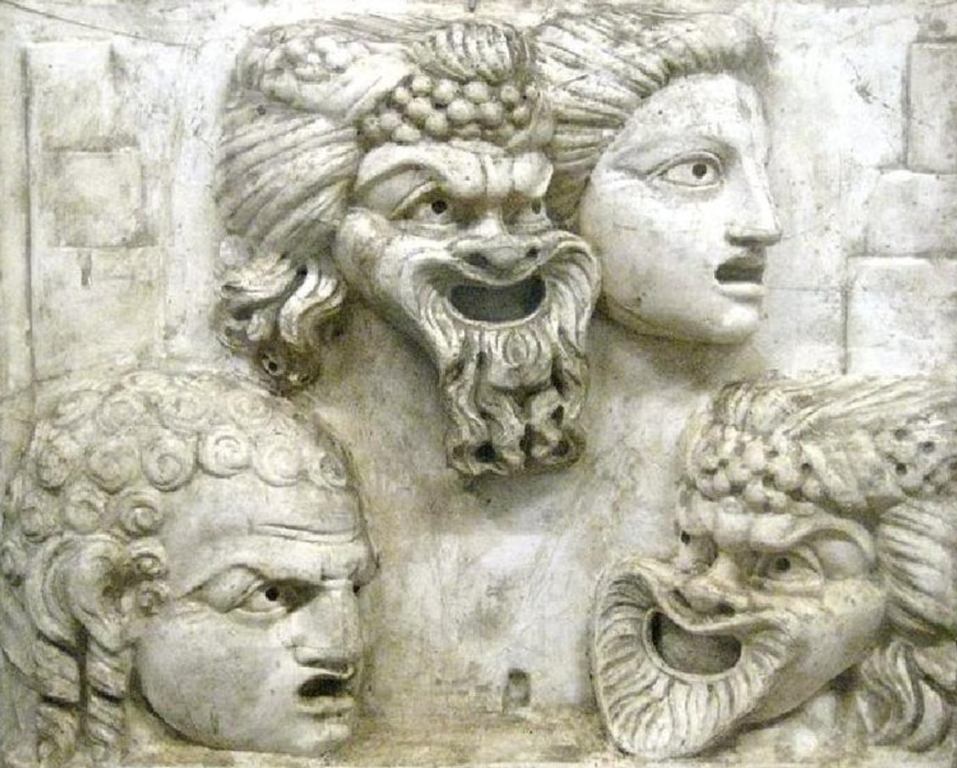Adelphoe (play)
Adelphoe ("the Brothers") is a comedy by the playwright Terence, produced at Rome in 160 BC; the play was adapted from Menander. Unlike other Roman comedies, the play has a purpose and presents two conflicting methods of education and their results.
The plot begins when Micio has adopted Aeschinus, the son of his brother Demea, and has reared him with kindness and generosity. Demea raises the other son, Ctesipho, with severity and restraint. The play describes the love affairs of the two sons; Ctesipho has fallen in love with a slave girl, whom Aeschinus steals from a slave dealer for his brother. Demea thinks Aeschinus is in love with the girl, and so does Sostrata, the mother of Pamphila, whom Aeschinus actually loves and has made pregnant. The misunderstandings are cleared up when Micio learns the truth and persuades Demea to accept the situation calmly. Demea, realising that his brother's popularity is based on excessive leniency, amusingly reverses his way of life and wins the affection of both sons by his sudden generosity.
Terence thus shows that a wise and sympathetic treatment of youth, which avoids the extremes of hardness and laxity, is best. The play contains much subtle humour and is the best of Terence's comedies.
